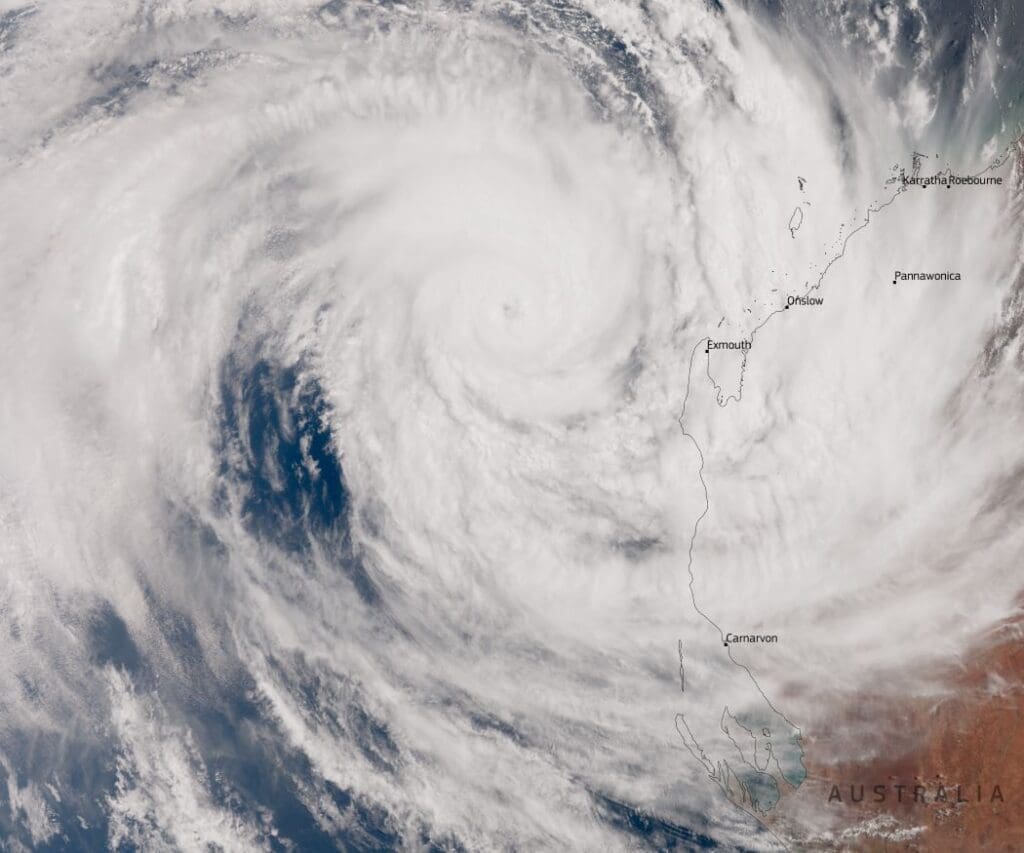According to the State of Transition Report 2024, the number of companies setting long-term emissions targets aligned with the 1.5°C Paris Agreement goal has significantly increased since 2020, rising from 7% to 30%. Despite this progress, the credibility of many of these climate ambitions remains questionable, with companies often failing to establish intermediate targets or provide clear plans to achieve their goals.
The report’s findings are based on an in-depth analysis of the Carbon Performance Assessment of 409 companies, as well as the Management Quality of over 1,000 of the world’s highest-emitting public companies, collectively worth around US$39 trillion. The companies were evaluated across 23 indicators ranging from Level 0, for those ‘unaware’ of climate change, to Level 5, which indicates comprehensive transition planning.
Sector and regional performance
The results of the Carbon Performance Assessment reveal that the diversified mining, steel, and electricity sectors are the most aligned with climate goals of 1.5°C or below 2°C. On the other hand, food producers and oil & gas companies show the least alignment.
Regionally, the report notes that 66% of European, 64% of Australasian, and 56% of Japanese companies have climate targets that align with 1.5°C or below 2°C by 2050. In contrast, 82% of Chinese companies are either not aligned or lack sufficient transparency in disclosing relevant information. This figure stands at 70% for companies based in other Asian nations.
Management quality and gaps in strategy
On the Management Quality front, 57% of the companies assessed are operating at Level 3. Companies at this level have recognised climate change as a business risk or opportunity, developed a policy commitment, set some form of emissions reduction target, and disclosed their Scope 1 and 2 emissions. However, this still leaves most companies far from achieving Level 4, which requires a more strategic approach to climate action.
No company has met all the criteria for Level 5, which indicates that none of the companies assessed have developed a detailed and actionable transition plan that aligns their business operations and capital expenditures with their decarbonisation targets.
Disparities between high-income and middle-income nations
The report highlights that companies based in high-income countries show better performance in both Management Quality and Carbon Performance compared to those in middle-income countries. This discrepancy may be linked to differences in regulatory frameworks, access to resources, and corporate governance standards.
David Russell, Chair of the Transition Pathway Initiative (TPI), emphasized the need for greater accountability in high-emission sectors. “TPI’s analysis shows that many companies in high emitting sectors are failing to implement adequate transition processes and targets. It also identifies a clear interdependency between local climate policy and company states of transition,” he said.
Russell also stressed the role of investors in addressing this systemic issue: “Investors therefore need to redouble their efforts to engage with both companies and policy makers to encourage appropriate and urgent responses to the systemic risk that climate change poses.”
Article Source:
Press Release/Material by Climate Action | Download (.pdf) report at TPI.
Featured image credit: Freepik




